SGGPO
High-tech crimes related to the banking sector continue to increase, become more complex and constantly change in methods and tricks. New tricks of criminals are pasting QR Codes at stores to appropriate assets, creating fake invoices to transfer money to appropriate assets...
 |
ACB Bank shares about security issues at the workshop |
At the workshop "Protecting bank accounts from the increasing risk of online fraud" organized by Tuoi Tre newspaper in collaboration with the State Bank of Vietnam (SBV) on September 19, Lieutenant Colonel Cao Viet Hung, Deputy Head of Department 4 of the Department of Cyber Security and High-Tech Crime Prevention (Ministry of Public Security) said that high-tech crime activities are increasingly developing, with a tendency to take advantage of scientific and technological achievements such as AI to fake faces (Deepfake), voices (Deep voice), then contact relatives and friends to ask for money transfers.
In addition, the subjects will fake services to recover the defrauded money or set up "ghost" businesses, open bank accounts to receive money to invest in stocks, Forex... and then embezzle it.
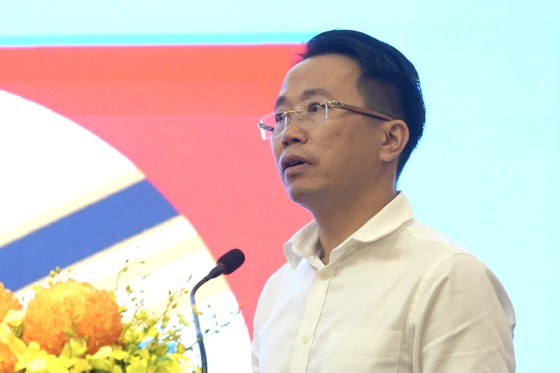 |
Lieutenant Colonel Cao Viet Hung, Deputy Head of Department 4, Department of Cyber Security and High-Tech Crime Prevention (Ministry of Public Security) |
Lieutenant Colonel Cao Viet Hung also shared that new tricks have appeared, such as pasting QR Codes at stores to appropriate property, creating fake invoices to transfer money to appropriate property, impersonating bank employees, asking customers to provide card information and illegally using them to purchase goods and services.
“Users and banks continue to be targets of criminals. For banks, criminals scan, attack systems, detect, exploit security vulnerabilities, and attack malware. For bank customers, criminals continuously introduce new and sophisticated methods and tricks to defraud and appropriate assets. Therefore, banks need to further strengthen coordination between the Ministry of Public Security, the State Bank of Vietnam, and payment service providers to develop a coordination process to limit the use of bank accounts and e-wallets that are not in their name, in order to promptly prevent illegal money flows,” Senior Lieutenant Colonel Cao Viet Hung suggested.
Mr. Le Anh Dung, Deputy Director of Payment Department (State Bank of Vietnam) |
On the side of the State Bank, Mr. Le Anh Dung, Deputy Director of the State Bank's Payment Department, also said that recently, online fraud has exploded worldwide. The FBI divides online fraud into 27 different types of crimes, causing losses of more than 10.3 billion USD in 2022. The strong outbreak of online fraud has a negative impact on consumers, sales businesses and financial institutions.
In Vietnam, forms of fraud and property appropriation on the Internet include: scammers impersonating police, prosecutors, and courts calling to threaten customers involved in cases and criminal networks. They ask customers to transfer money to designated accounts to serve the investigation.
In addition, the form of fraud to appropriate the right to use phone numbers has been quite common recently. Fraudsters impersonate network staff to offer support to convert 3G SIM to 4G for free or notify that the SIM is locked because the subscriber has not been standardized. The victim follows the instructions and has the right to use the phone number to receive the OTP code combined with the customer's collected identification information to reactivate the electronic banking service, and has the right to access and perform transactions to appropriate the user's money.
“Another new form of fraud that has recently occurred is that criminals impersonate civil servants, officials, and state agencies to instruct people to install fake applications (VssID, VNeID, eTax Mobile, ...) to take control of phones, collect personal information, bank accounts, and steal money from users' bank accounts...", said Mr. Le Anh Dung.
According to Mr. Dung, handling this fraud is not simple. To limit fraud and cheating in payment activities, it requires the efforts and coordination of all parties, including the role of banks and users.
On the side of the State Bank, it has coordinated with the Ministry of Public Security to continue connecting the national database on population to authenticate customer credit information. Working with the Ministry of Information and Communications on a plan to clean up data, matching information of account holders registering for online banking services with information of mobile subscribers by mobile phone number. In order to protect customer accounts at banks, the State Bank will amend Decision 630/2017 on security solutions in online payments in the direction of specifying in detail the transaction limit that must be authenticated by biometric factors to determine that the account opener and the person making the transaction must be the same.
“According to statistics, 90% of interbank money transfers are under 10 million VND, only 10% are over 10 million VND. Therefore, there will be a regulation requiring biometric authentication (by fingerprint, face) when transferring money between banks, possibly at 10 million VND. This will also neutralize the practice of buying, selling, and renting bank accounts that has existed for a long time,” Mr. Dung informed.
Source


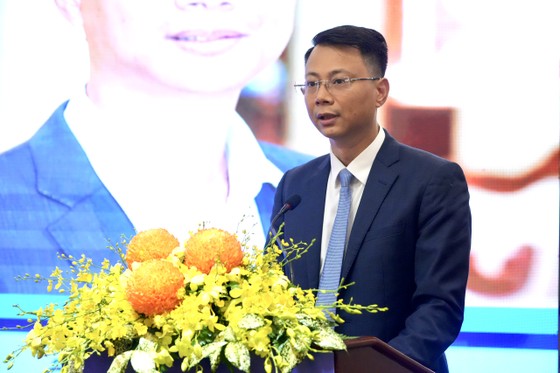

![[Photo] Opening of the 11th Conference of the 13th Party Central Committee](https://vstatic.vietnam.vn/vietnam/resource/IMAGE/2025/4/10/f9e717b67de343d7b687cb419c0829a2)
![[Photo] April Festival in Can Tho City](https://vstatic.vietnam.vn/vietnam/resource/IMAGE/2025/4/10/bf5ae82870e648fabfbcc93a25b481ea)
![[Photo] Unique folk games at Chuong Village Festival](https://vstatic.vietnam.vn/vietnam/resource/IMAGE/2025/4/10/cff805a06fdd443b9474c017f98075a4)






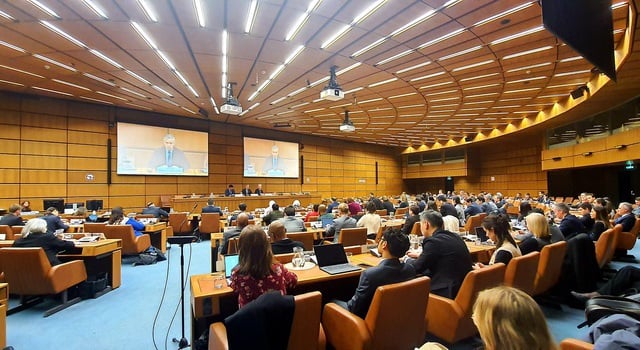

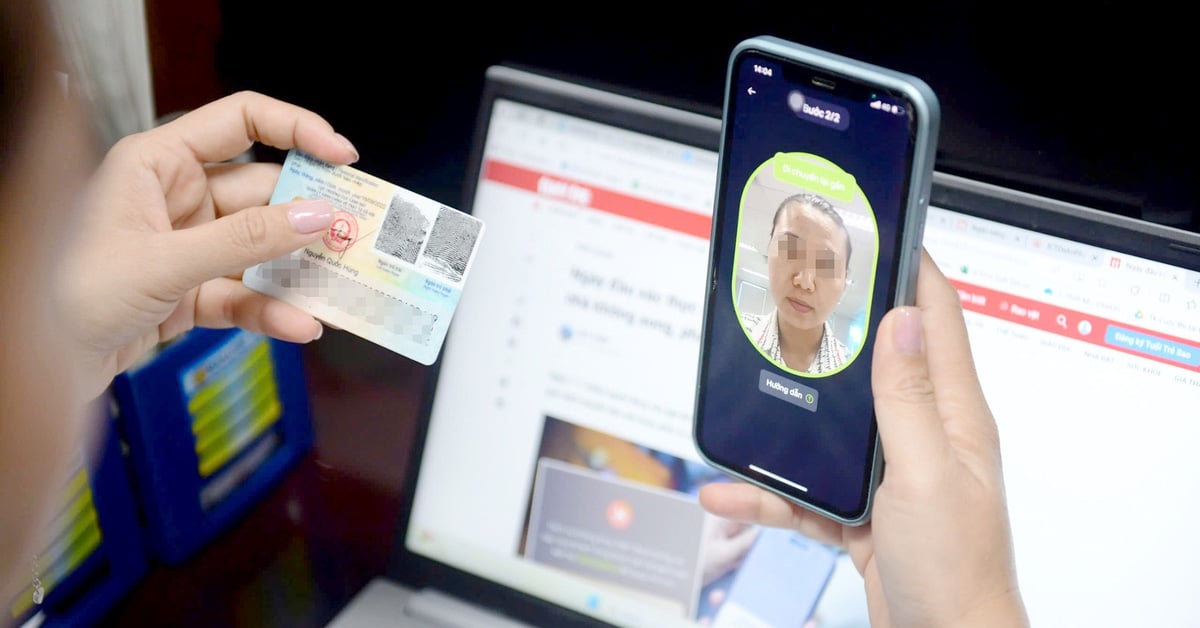



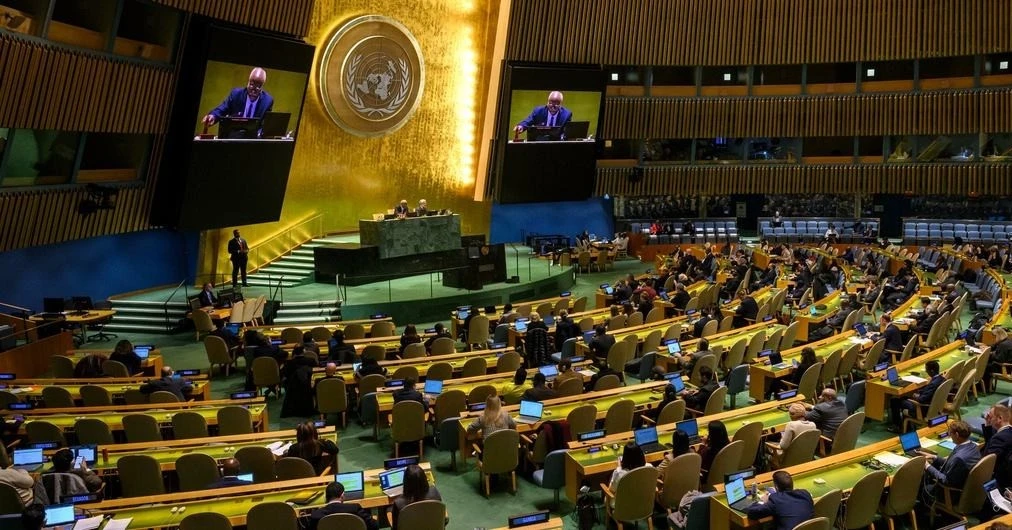

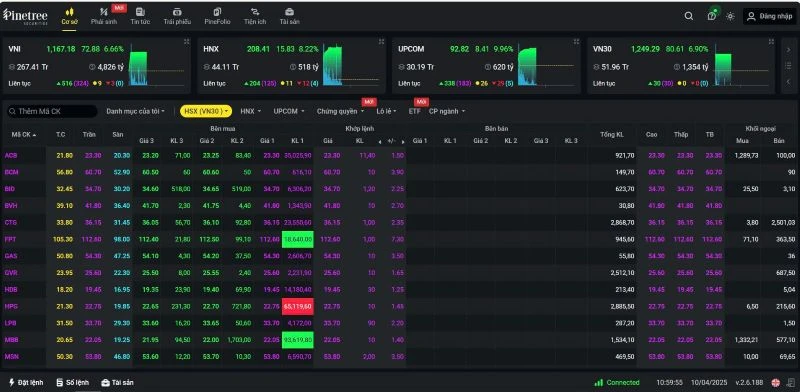

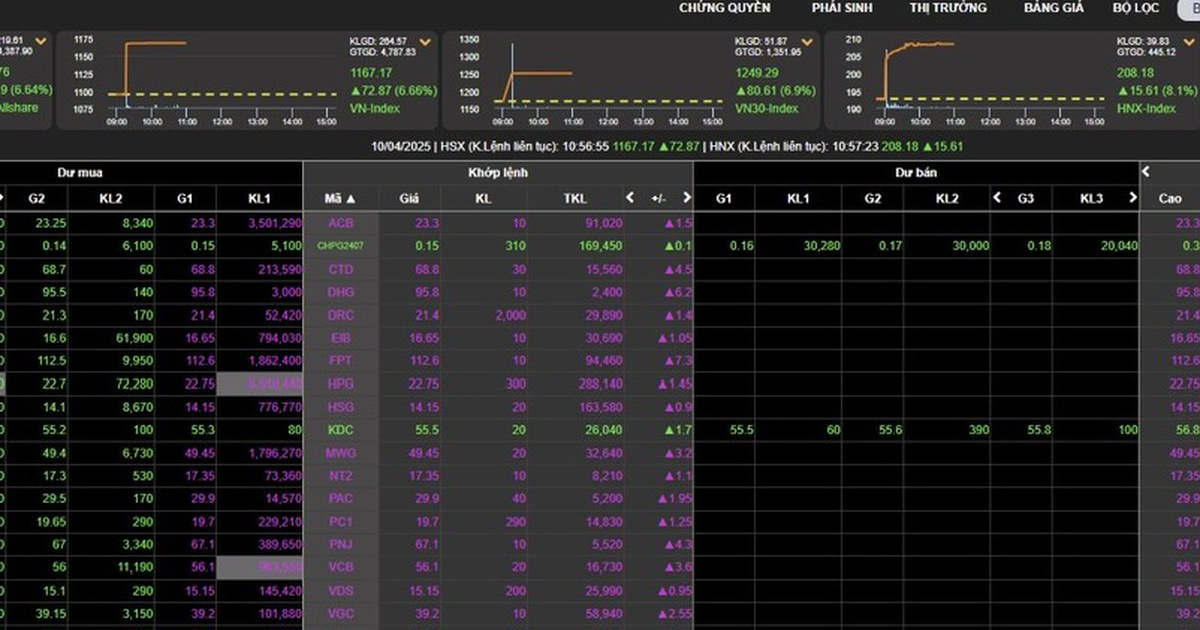

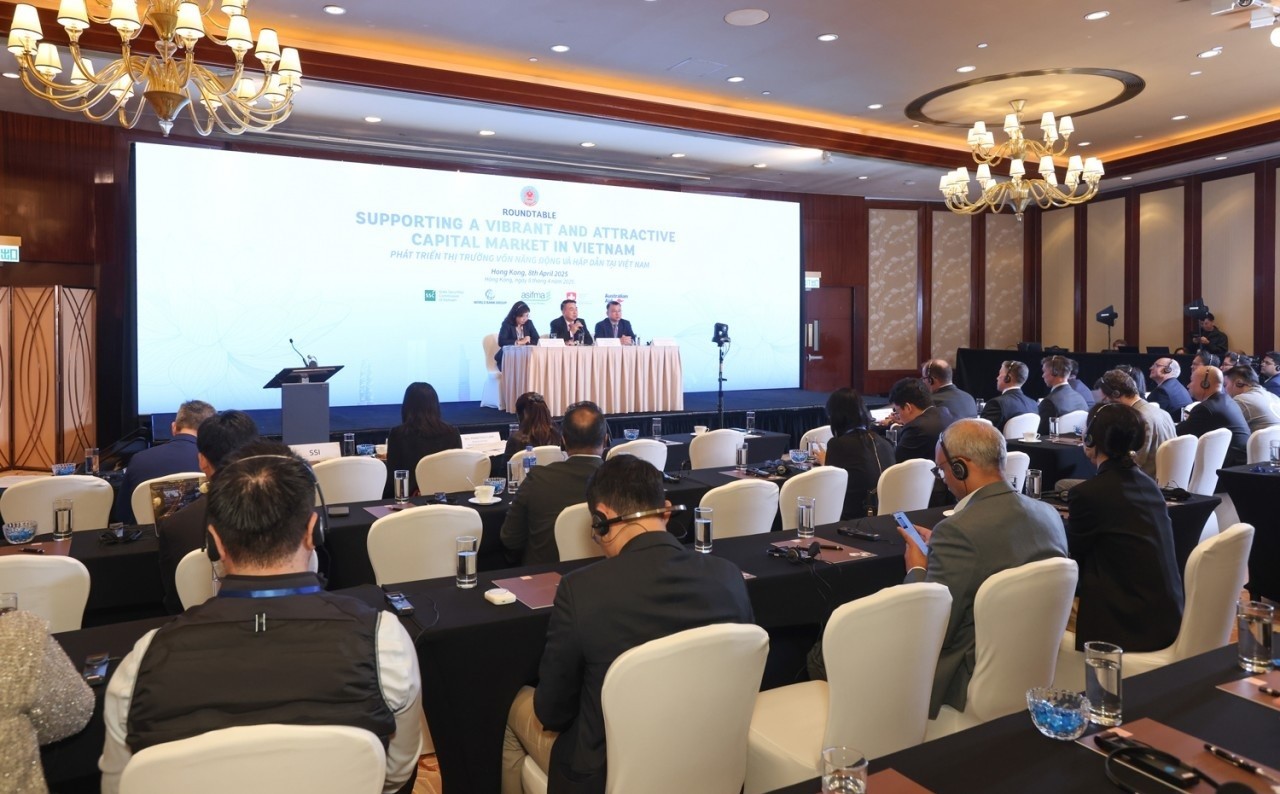




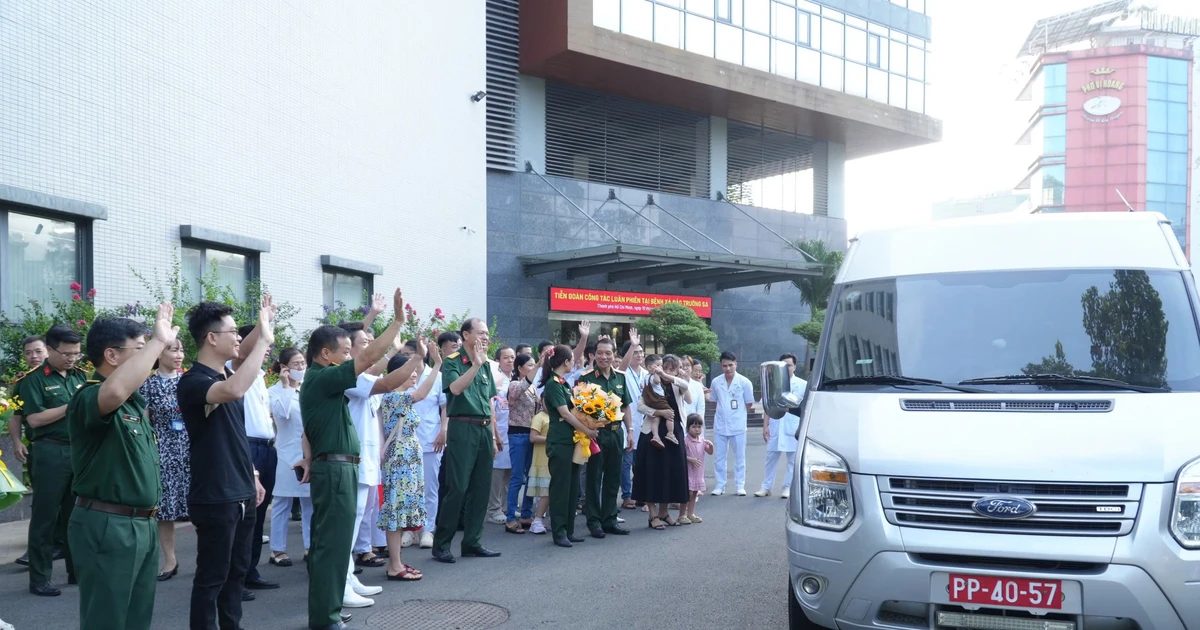


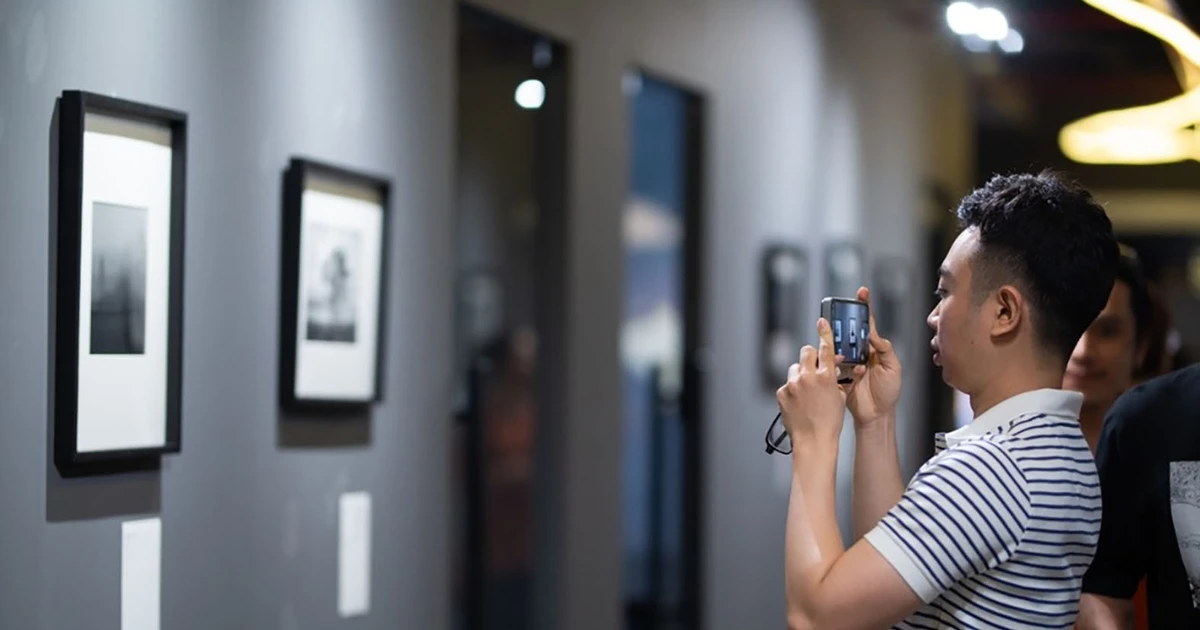

![[Photo] Prime Minister Pham Minh Chinh commends forces supporting Myanmar in overcoming earthquake consequences](https://vstatic.vietnam.vn/vietnam/resource/IMAGE/2025/4/10/e844656d18bd433f913182fbc2f35ec2)



























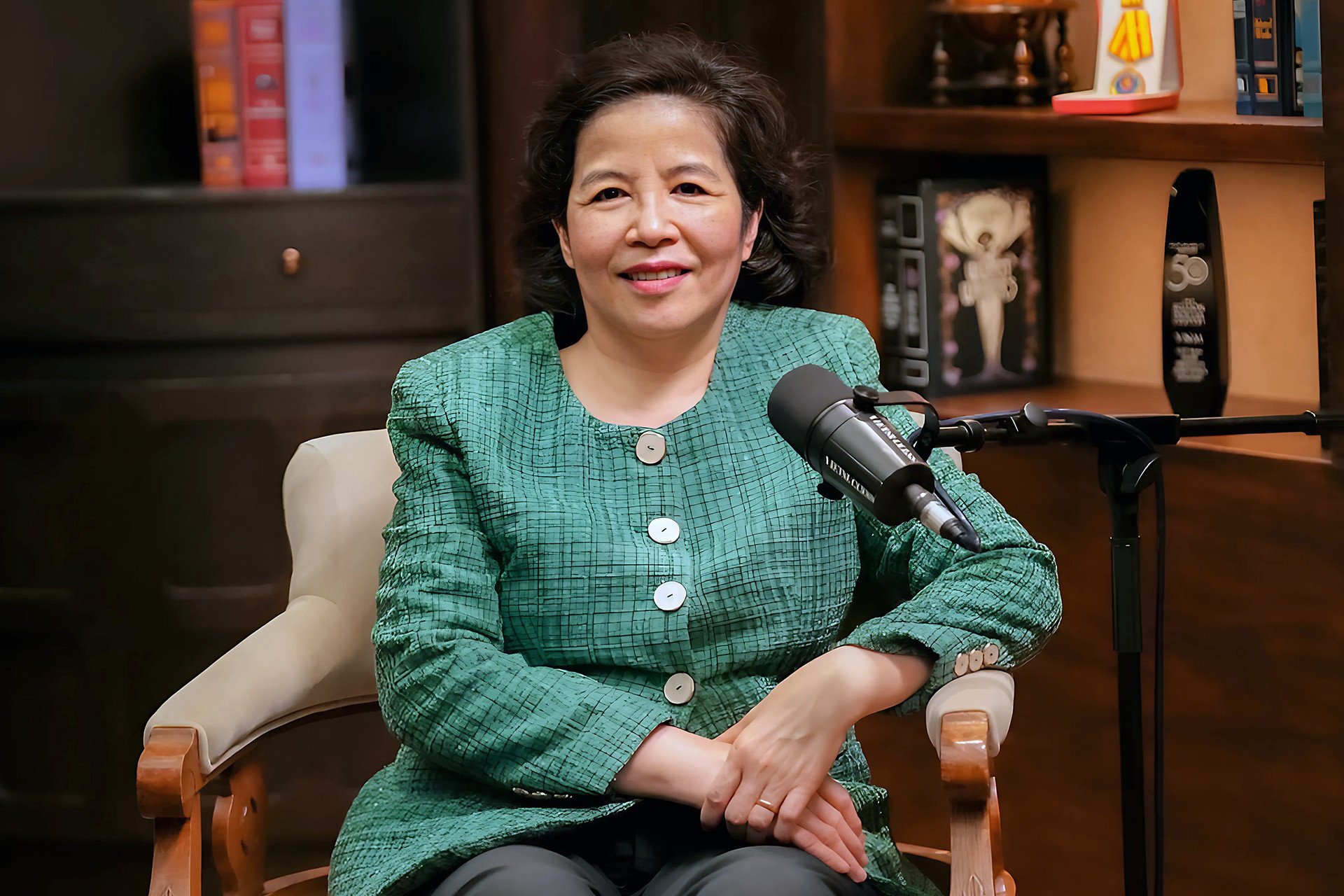





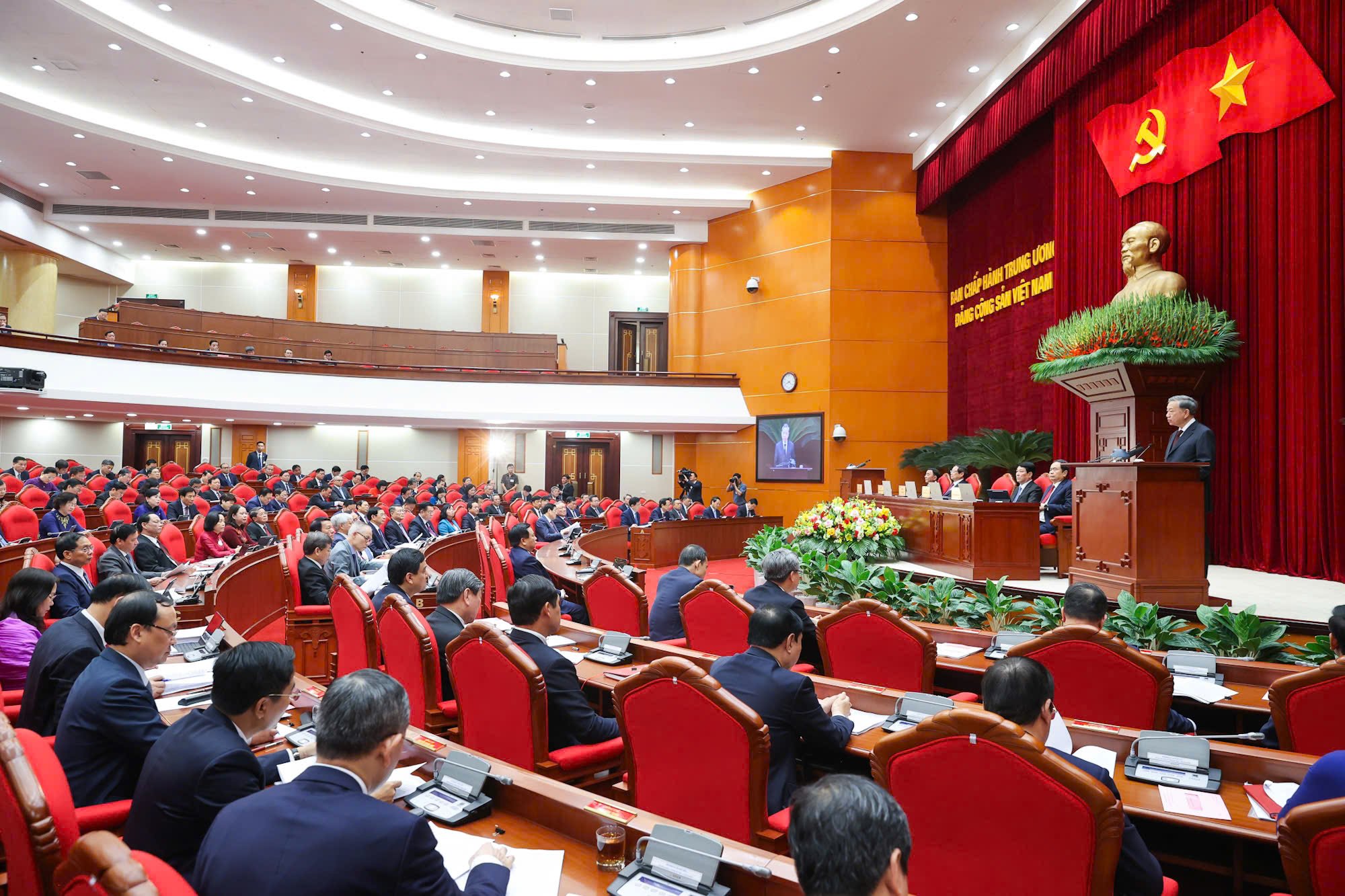










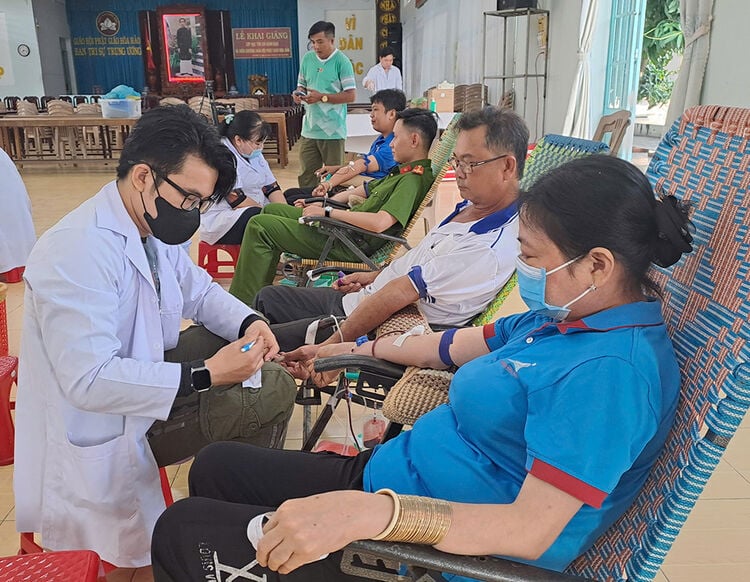

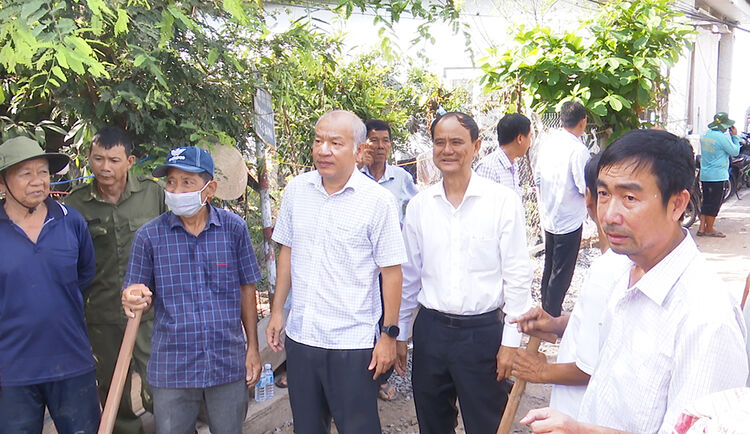
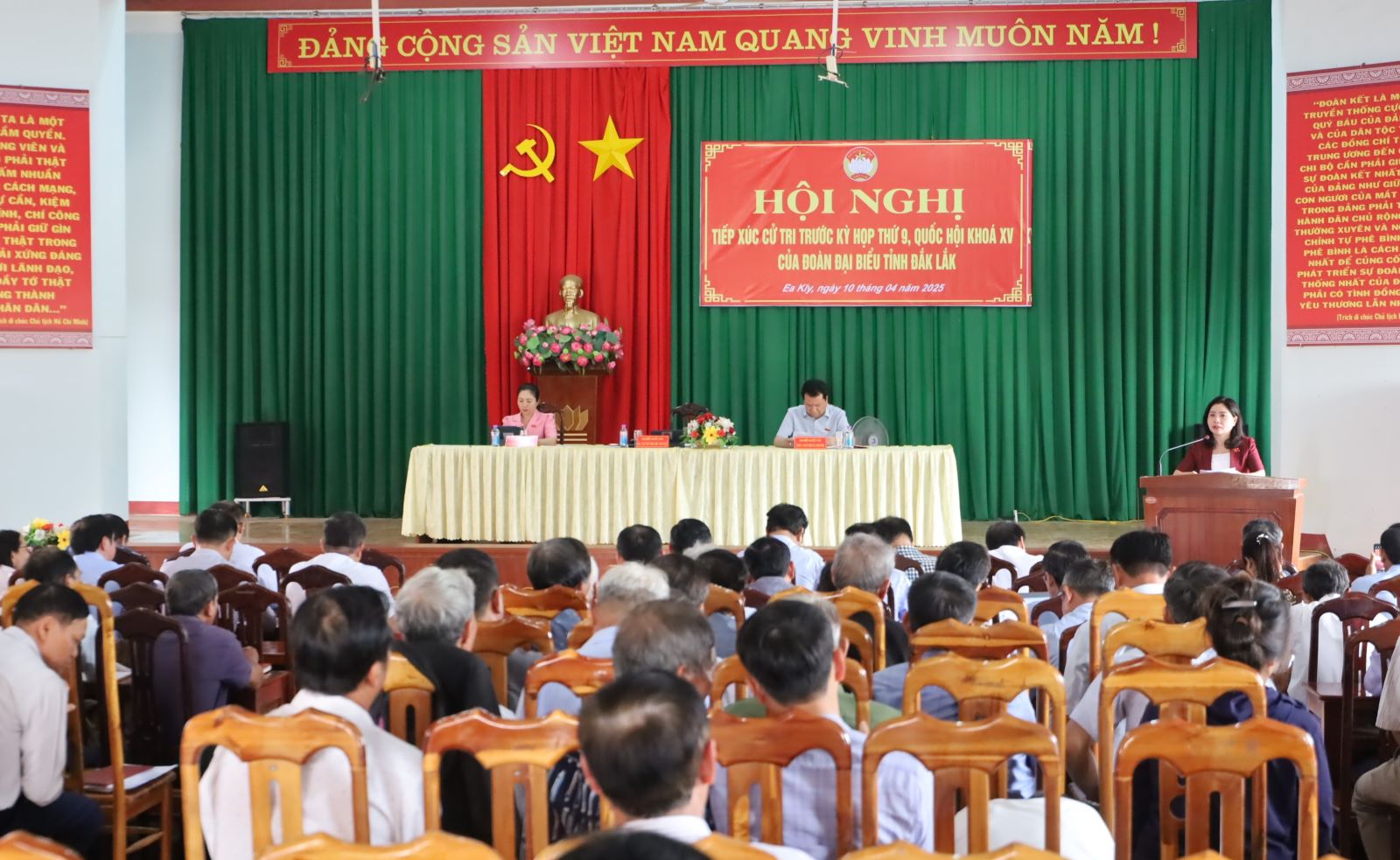
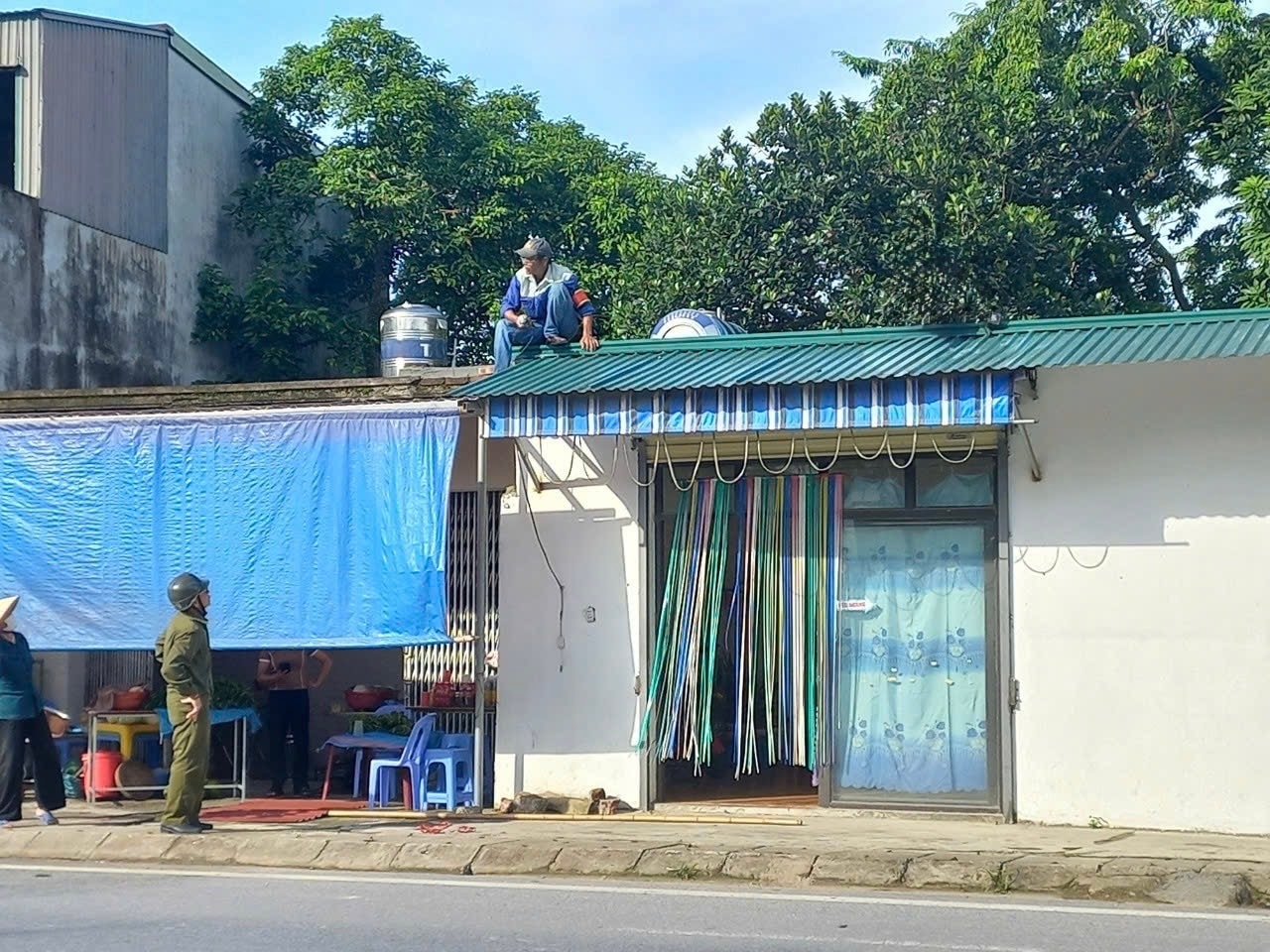












Comment (0)